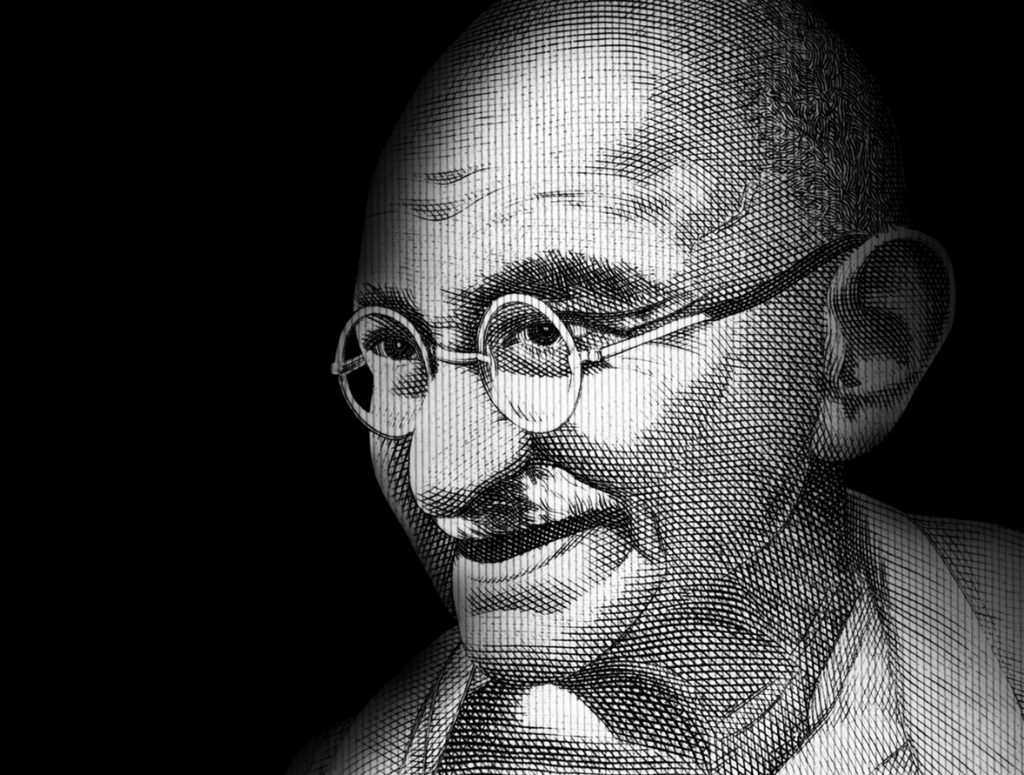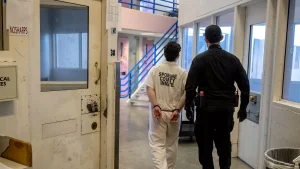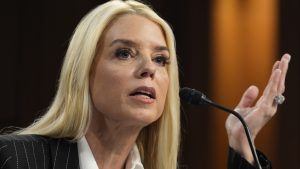The legal sector is a natural fit for aspiring politicians. Lawyers must know how to persuade an audience, interact with people from all walks of life and, of course, understand legislation. Public speaking and critical analysis skills developed by training in law are just as important for a successful public servant.
Below are just a few of the influential world leaders whose careers stemmed from a legal background.
Barack Obama
After majoring in political science in 1983, Barack Obama moved to Chicago and accepted a job as a community leader, which led to his lobbying for better conditions in the Altgeld Gardens housing project and subsequent clashes with the bureaucracy of city hall. “I just can't get things done here without a law degree,” he later recalled thinking at the time. The drive to make a difference pushed him to enrol at Harvard Law School, where he graduated magna cum laude, thereafter beginning his career as a civil rights attorney. Obama’s career trajectory also saw him become a professor at the University of Chicago Law School, where he was highly regarded by his students.
Obama is far from the first lawyer to become POTUS, however. A full 25 other presidents were previously lawyers – the profession is in fact the second most likely professional experience for a president to receive prior to taking office, beaten only by military service. Bill Clinton is licenced to practice law in Arkansas; Franklin D Roosevelt worked in admiralty law before acting on his political ambitions. Even Abraham Lincoln was a self-taught lawyer who appeared before the Illinois Supreme Court on at least 300 separate occasions.
“I just can't get things done here without a law degree.”
Vladimir Putin
Putin’s ex-KGB status is well known, but less widely talked about is his background in law. Though he did not go on to join the legal profession, he graduated from Saint Petersburg State University with a degree in international law and wrote his thesis on “The Most Favoured Nation Trading Principle in International Law”.
Putin also completed a course on economic law, but these accomplishments are now widely overshadowed by his career in the KGB, which he joined upon graduating in 1975, and his subsequent political rise – though he was often called to apply his legal knowledge in both roles. Today, he will still occasionally raise his legal qualifications. “I could, in principle, work as a lawyer or attorney,” he remarked during a 2018 interview on Chinese state television.
Mahatma Gandhi
Before he became an internationally recognised advocate of nonviolent resistance, Gandhi spent almost 25 years as a lawyer. Then known as Mohandas Karamchand Gandhi, he risked the scorn of his elders by dropping out of Bombay’s Bhavnagar College – the cheapest college he could find – and choosing to study in London. Over the course of his career he would become a barrister in England, an advocate in India and finally an attorney in South Africa, all while developing a taste for social justice that would become his legacy.
Perhaps unsurprisingly, Gandhi was highly principled in his legal work. “The duty of a lawyer is always to place before the judges, and to help them to arrive at, the truth, never to prove the guilty as innocent,” he once said. The profession also developed Gandhi as a person. When he first attempted to set up a practice in Bombay in 1891, he was forced to give it up after realising he was too shy to cross-examine witnesses in court. By the time he gave up the practice of law and devoted himself to public service, however, his rhetorical skill had grown to the point where he was able to deliver public speeches that lasted for several hours.
[ymal]
Fidel Castro
Much of Castro’s political ideology was formed during his early adulthood while studying law at the University of Havana. He took to student activism shortly after his admission in 1945 and made headlines in several newspapers for a speech condemning the corruption of the then-president of Cuba, Ramón Grau. His prominence in anti-government movements grew throughout his university career and persisted until his certification as a Doctor of Law in 1950.
Upon graduating, Castro co-founded a legal partnership primarily concerned with providing aid to poor Cubans. The venture was not profitable, however, and Castro subsequently joined the Cuban People’s Party and began a foray into politics. In 1953 he began a guerrilla war against the Batista regime, and by 1959 had become the effective head of state in Cuba.
Nelson Mandela
After studying Arts at the University of Fort Hare and University of South Africa, Nelson Mandela went on to study law at the University of Witwatersrand in 1943, where he was the only native African student. Though he worked as a clerk in several law firms during his studies at Witwatersrand, he would later describe himself as a poor student; he failed his final year exam three times before finally leaving the university without a degree.
Mandela eventually qualified as a lawyer in 1952 by obtaining an Attorney’s Diploma. That year, he and his friend Oliver Tambo founded South Africa’s first black law firm, Mandela & Tambo. The two focused on providing legal representation to black Africans who would otherwise have been charged exorbitantly by blue-chip firms. The legal advice Mandela and Tambo offered was affordable, and often free, and their firm became highly sought after as a means for black Africans to access justice.
Though his eventual election as President of South Africa in 1994 would eclipse his work as a lawyer, Mandela’s incisive mind served him well as a statesman, allowing him to build upon the political and legal ideas he formed as a leader of the African National Congress in crafting a post-apartheid nation.




















